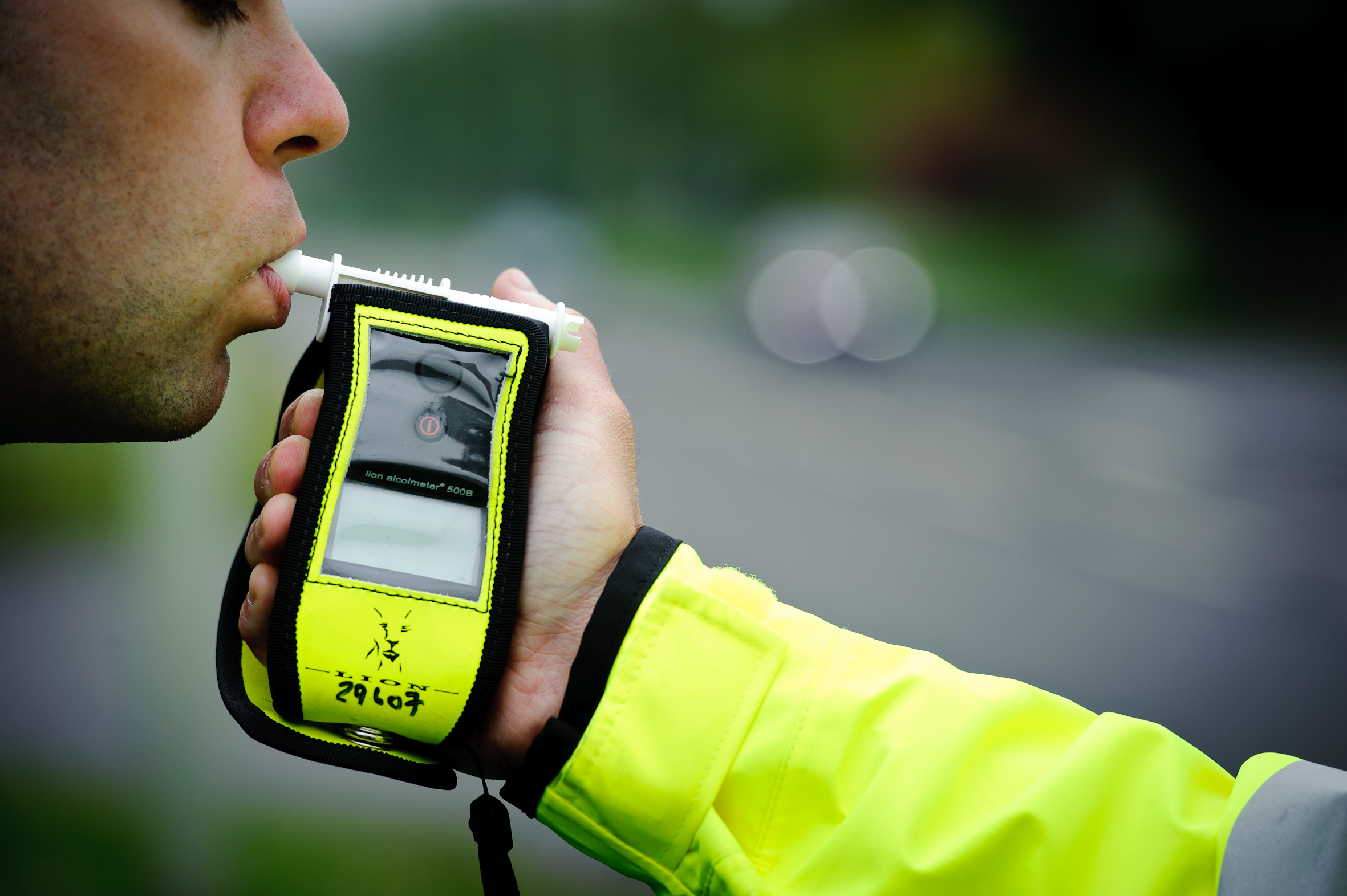PACTS calls on Government for major drink driving review
The UK’s system to prevent drink driving is no longer adequate, according to a report* from the Parliamentary Advisory Council for Transport Safety (PACTS), out today, which calls for a comprehensive review.
- Drink driving is one of the biggest causes of road deaths (13%)
- In the last decade 240 people have been killed each year where a driver was over the limit
- 17% of drink drive offences are committed by a reoffender
- A significant number of reoffenders have alcohol and mental health issues and the coronavirus pandemic has seen an increase in the number of people with such issues
- Levels of police enforcement have decreased by 63% since 2009 and there are indications that drivers believe they are less likely to be caught
The PACTS report shows the problem is more complex and needs a broader approach, combining improved enforcement, health measures and alternative transport provision.
Download the full report here: PACTS Drink Driving – Taking stock, moving forward Report
There are clear weaknesses in the current system.
The study includes 30 in-depth interviews with drink drivers, showing the complex mental health and alcohol problems that some of them suffer. As a result, current arrangements are not enough to help them or to deter them from drink driving again. The Covid pandemic is likely to have worsened the risks as alcohol consumption, mental health pressures and traffic speeds have all increased, as other countries have reported increases in road deaths during lockdown periods, partly due to drink driving.
Drink drivers are also more likely to have a criminal record than the general driving population and according to Government data, reoffending is a major concern:
Since 2010,
- 32,025 people committed a drink drive offence with a previous drink/drug drive offence on their record – 7% of those people who committed a drink/drug drive offence
- 107,913 drink drive offences were committed by someone with a previous drink/drug driving offence on their record – 17% of drink/drug drive offences
- Eight people were convicted of causing death by careless driving when unfit through drink/with alcohol level above the limit with a previous drink/drug offence on their record.
- One driver was charged with driving or attempting to drive with an alcohol level above the limit with 8 previous drink/drug drive offences on their record. One person committed the offence ‘driving or attempting to drive with drug level above the specified limit’ when they had 18 previous drink- and drug-driving offences.
The police are also increasingly detecting drivers who have combined drink and drugs, which can be dangerous at levels below the current breath test limit.
The PACTS report recommends:
- mandatory breath testing powers for the police and the reduction in enforcement levels to be reversed
- increased penalties for drivers who combine drink and drugs
- specialist rehabilitation courses for those with mental health and alcohol problems
- a lower breath test limit for England and Wales
- reforming the High Risk Offender Scheme
- that the Government pays more attention to drink driving in alcohol harm and night-time economy policies
Commenting on the report, David Davies, Executive Director of PACTS, said: “After 10 years of declining levels of enforcement and social media campaigns aimed at young men, it is time for a new, more comprehensive approach to reducing the toll of drink drive deaths and injuries.
“Drink driving is often cited as a road safety success story, yet it remains a major killer and progress has ground to a halt since 2010. Not only is better enforcement important but also the problems of mental health and alcohol dependency need to be recognised.
“The problem is not a simple one of law enforcement. It requires a more comprehensive approach. The legal limit should be reduced in England and Wales, police should be given additional powers to test drivers, the High Risk Offender Scheme should be reformed, rehabilitation courses should be designed for those with mental health and alcohol problems, and the growing danger of combining drink and drugs driving needs to be addressed.
“Scotland introduced a reduced drink drive limit in 2014, in line with most other countries in Europe. It has been accepted by the public; it has not significantly impacted pubs and restaurants or overloaded the police or the courts. Northern Ireland plans to go further, with a zero limit for novice and professional drivers.
A lower limit is not a magic bullet but government polices to reduce drink driving will lack credibility as long as they avoid this change.”
*Drink Driving – Taking Stock, Moving Forward is produced by PACTS in association with University of Stirling and University of Dundee.

